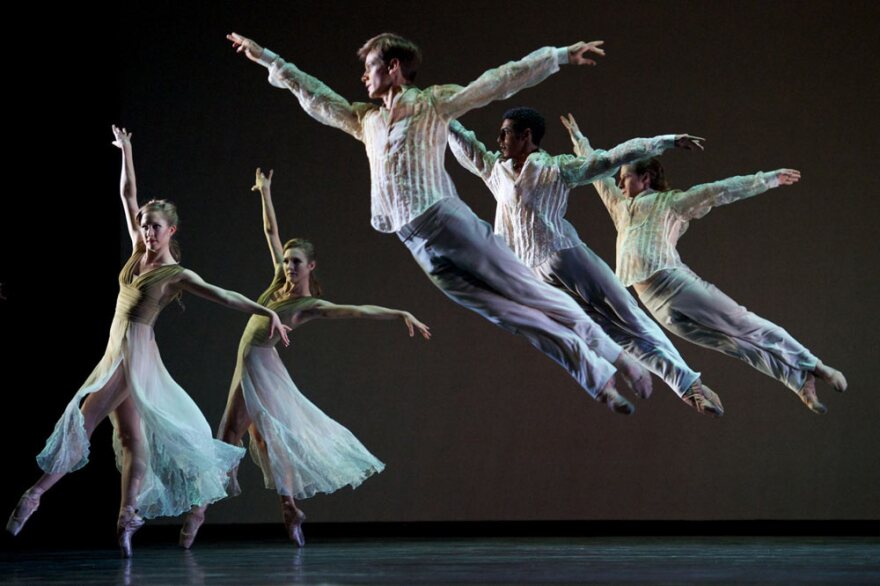Fall from Grace
In 1985 you would have found bass guitarist Kip Winger performing as a member of the rock group Alice Cooper. Two years later, at Cooper's suggestion, he formed his own metal rock band, which he called Winger. The advent of grunge rock in the early '90s immediately undermined Winger's style of music. Overnight, he was a man without a recording contract, and seemingly a man without a future in pop music. He must have been asking himself: Is it really Easy Come Easy Go?

Reinvention
Earlier, Kip talked about the hand fate dealt him in the early 90s, when it seemed his career as a rock musician might be over; but here we get to an even more surprising side of Kip Winger as he begins to make the proverbial lemonade out of the lemons and comes out a different man.

Ghosts in Nashville
In 2000, Winger relocated to Nashville. There he sought out Michael Kurek (Blair School of Music, Vanderbilt) who enabled him to transform his writing from technical exercise, as essential as it is, to concert hall classical music.
It was Kurek who helped Kip find his way to composing his first important work, "Ghosts." Even then, it took countless sketches, imperfect compositions, and much hard work before Winger finally thought he had something worthy of a public performance. Ultimately, Winger considered "Ghosts," begun in 2006, his first piece worthy of publication. As a pure symphonic work, "Ghosts," for strings, harp, and piano, has withstood the scrutiny of the classical musicians who have played it. But as with most of Winger's music, he knew it was born to be not just symphonic music, but to be dance music.

Conversations with Nijinsky
Throw together a mix of rock-n-roll, jazz, classical ballet, and even Beethoven String Quartets and you have some idea of the complex musical DNA of Kip Winger. Now introduce an intense interest in the groundbreaking dancer Vaslav Nijinsky and you perhaps understand the several orchestral movements which make up Kip's newly recorded Conversations with Nijinsky. The score was intended for the choreographer Chris Wheeldon who had already choreographed Kip's ballet "Ghosts." Wheeldon liked what he heard but passed on the opportunity to adapt Conversations with Nijinsky for dance. For now the work is a concert piece in search of a choreographer. With a title referencing Nijinsky, can a dance version be far away?
Tamara Nijinsky, daughter of the dancer, writes of Kip's music: "Kip Winger has captured my father's heart and soul. Many have been inspired by Nijinsky in words and dance, but no one, until now, in music. Nijinsky was inspired by music he heard, and now, Kip Winger, reminds us of Nijinsky's genius, with his work."





